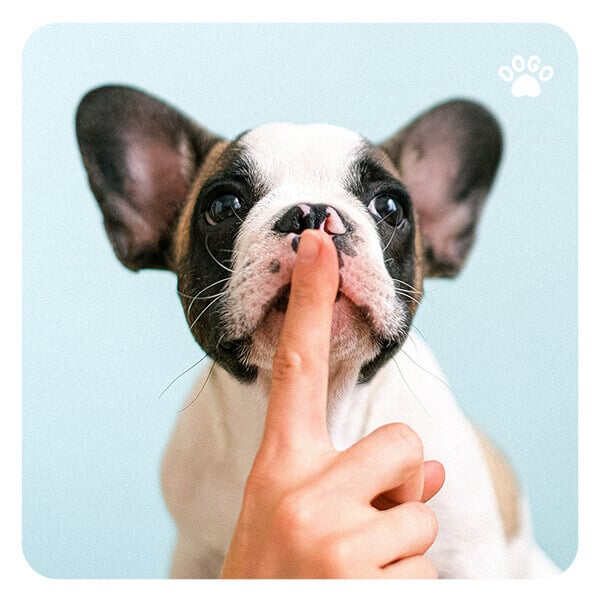 A young puppy’s bark can be adorable at first, but when it becomes incessant, it can be challenging for both the owner and the pup. Barking is a natural behavior for dogs, but excessive barking can be a sign of stress, anxiety, boredom, or a learned behavior. To help your puppy stop barking excessively, it’s important to understand why they bark and how to address this behavior in a positive and effective manner.
A young puppy’s bark can be adorable at first, but when it becomes incessant, it can be challenging for both the owner and the pup. Barking is a natural behavior for dogs, but excessive barking can be a sign of stress, anxiety, boredom, or a learned behavior. To help your puppy stop barking excessively, it’s important to understand why they bark and how to address this behavior in a positive and effective manner.
Understanding Why Puppies Bark
Puppies bark for various reasons, such as seeking attention, expressing excitement, feeling anxious or fearful, alerting to perceived threats, or simply out of boredom. Understanding the root cause of your puppy’s barking is the first step in addressing this behavior. By identifying the triggers, you can tailor your approach to effectively reduce excessive barking.
Positive Reinforcement Training
Positive reinforcement training is a powerful tool when it comes to addressing a puppy’s barking behavior. Rewarding your puppy for quiet, calm behavior can help them understand what is expected of them. When your puppy stops barking, even for a moment, offer a treat, praise, or a favorite toy. This reinforces the idea that being quiet leads to positive outcomes, making them more likely to repeat the behavior in the future.
Providing Mental and Physical Stimulation
Barking can often stem from boredom or excess energy. Ensuring that your puppy receives adequate mental and physical stimulation can help reduce their urge to bark excessively. Engage them in regular playtime, provide interactive toys, and consider activities that challenge their minds, such as puzzle toys or obedience training. A tired and mentally stimulated puppy is less likely to bark incessantly.
Creating a Calm Environment
Creating a calm and soothing environment for your puppy can help address excessive barking. Dogs are sensitive to their surroundings, so reducing potential triggers for barking, such as loud noises or overstimulation, can be beneficial. Establish a consistent daily routine, provide a comfortable resting area, and offer reassurance during times of anxiety to help your puppy feel secure and less inclined to bark excessively.
Socialization and Exposure
Socialization and exposure to various environments and stimuli are crucial for a puppy’s development. Exposing your puppy to different people, animals, and situations in a positive and controlled manner can help reduce anxiety-driven barking. Gradual exposure to new experiences can build your puppy’s confidence, making them less likely to bark out of fear or uncertainty.
Seeking Professional Guidance
If your puppy’s barking persists despite your efforts, seeking guidance from a professional dog trainer or behaviorist can provide valuable insight. A professional can assess your puppy’s behavior, identify underlying issues, and offer tailored strategies to address excessive barking effectively. Professional guidance can be instrumental in understanding and modifying your puppy’s behavior in a positive and constructive manner.
Addressing a puppy’s excessive barking requires patience, understanding, and consistent training. By identifying the root cause of the barking, employing positive reinforcement, providing adequate stimulation, creating a calm environment, and seeking professional guidance when needed, you can help your puppy develop into a well-adjusted and quieter companion. Remember, every puppy is unique, so it’s essential to approach training with empathy and a willingness to adapt your methods to suit your individual puppy’s needs.
[/fusion_text]

